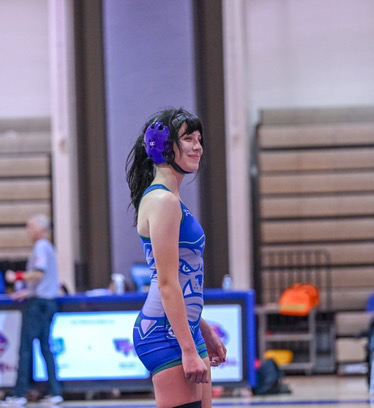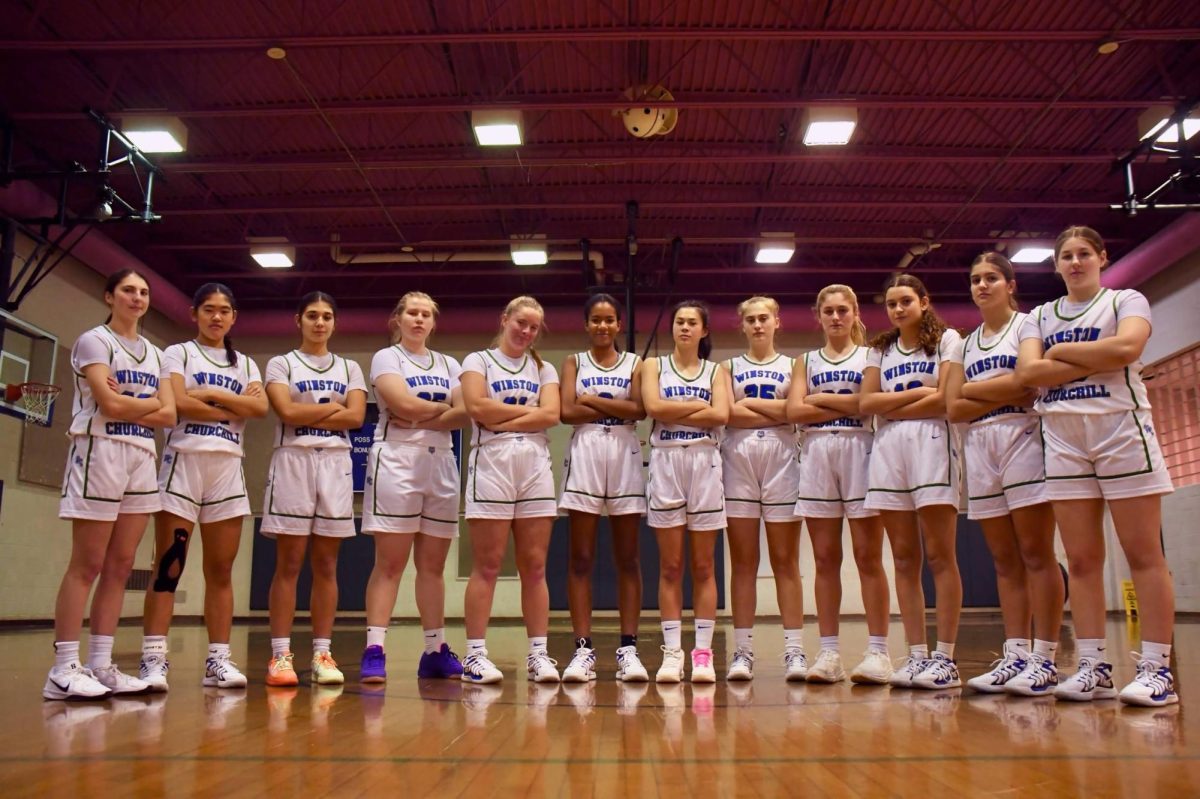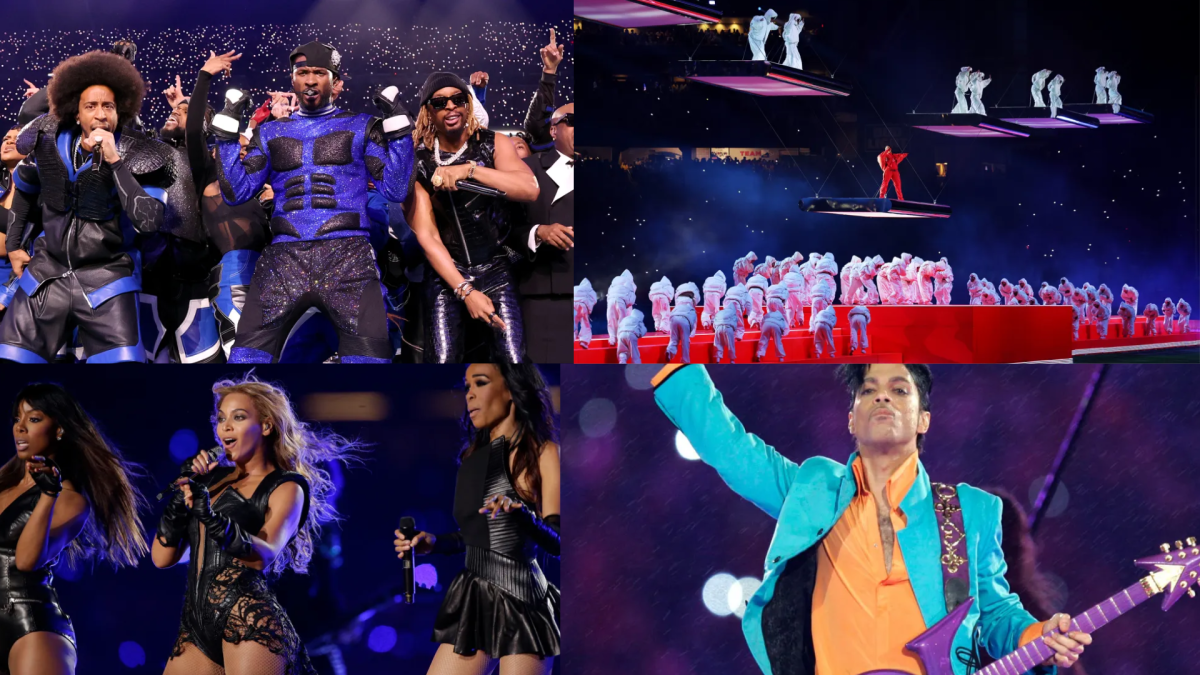Washington Capitals fans walked out of the Verizon Center April 13 with complete disgust on their faces. Why did the Caps not make the playoffs? They have qualified for seven years straight. What did the Caps do wrong?
Four days earlier, on April 9, the team was eliminated from the Stanley Cup Playoffs. Its regular season ended on April 13 with a devastating 1-0 shootout loss to the Tampa Bay Lightning at the Verizon Center.
According to a April 28 Washington Post article, the team’s problems began in the 2009-2010 season when the Caps were in first place in the entire NHL, scoring 318 goals in a season and only losing to the Montreal Canadians in a seven games series.
Over the next several years the Caps changed coaches, starting with Bruce Boudreau (2007-2011), then Dale Hunter (2011-2012) and finally Adam Oates (2012-2014), all with different playing styles. Under Boudreau, they played a wide open high scoring game. After not achieving the playoff success that was expected from the Caps, Boudreau was fired and the new coach, Dale Hunter, implemented a strict defensive and shot blocking strategy. This system allowed the Caps to win one playoff series, but also relegated star player Alex Ovechkin to a minor and limited role on the team.
After Hunter quit, Adam Oates was hired to get Ovechkin going in the right direction and to achieve the playoff success that had long eluded them. During his long Hall of Fame career of 1,337 games in the NHL, Oates scored 341 goals and dished out 1,079 assists. People widely consider him to have a brilliant hockey mind.
He used his experiences to turn Ovechkin’s game around, who scored a league-leading 51 goals this year. However, Ovechkin also had -35 +/- rating, which means his defense was horrible. The rating is determined by giving a player +1 when he is on the ice when a goal is scored, and -1 if he is scored upon. The team’s other great player, Nicklas Backstrom, was eighth in the league in scoring, finishing with a -20 for his +/- rating.
According an April 18 Washington Post article, while Ovechkin and Backstrom’s point production was strong, their lackadaisical effort on defense caused them to lose a lot of close games. Some of the teams other top forwards, Johansson and Laich, also underperformed, which made the situation even worse.
One of the other areas of great concern is the Capitals’ defense. Top defensemen Mike Green had another off year this year, often times making bad plays that resulted in the opposing team scoring several goals. Numerous other top defensemen were injured, which meant that inexperienced rookies were called up to play.
According to an April 17 Washington Post article, the Cap’s biggest weakness this season was its play in its own end. Often, the players were unable to clear the puck, which caused the team to be trapped in its own zone. This problem resulted in too many turnovers and ugly goals being scored against the Capitals.
A final reason for the Capitals not making the playoffs was that the goalie play was uneven at best. The Caps used goalies Braden Holtby, Michal Neuvirth, Philipp Grubauer and Jaroslav Halak, and none were able to string together consistent, confident performances that are needed to build a strong foundation for the defense.
According to an April 21 Washington Post article, it was a year of upheaval at the net as the Caps rotated through four goalies over course of 82 games, each having a mediocre season at best.
All of these factors contributed to the Capital’s early exit this year. The owner, Ted Leonsis, recently cleaned the house by firing both the coach Adam Oates and the 17-year general manager George McPhee. Caps fans face more indecision as to who will lead the team next year and what style of hockey they will play. All they can do is hope that the new management can light a fire under the talented players on the roster and turn them into Stanley Cup contenders.







